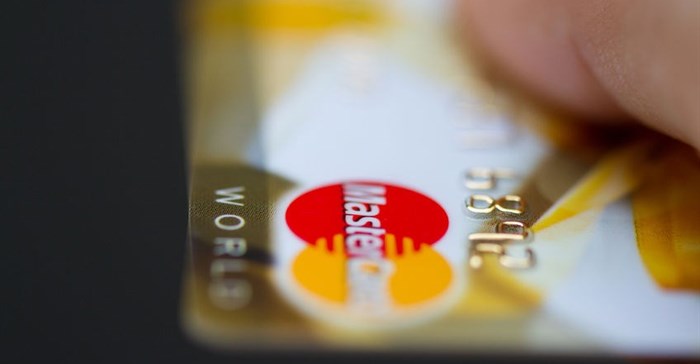I recently met with Catharina Eklof, SVP Global Merchant Development and Victor de Kock, Strategic Merchants and Acceptance at Mastercard to discuss some of the emerging trends in merchant payments, the changing shopping environment and how the financial services company is innovating to address the needs of the ‘connected customer'.
On her visit to South Africa, Eklof attended the Mastercard Retail Forum in Cape Town where she shared with local merchant customers her global insight into these trends and how applicable they are for South African retailers.
1. Integrated commerce
Eklof refers to integrated commerce as the 'holy grail' because there's a definite shift towards it, but we're not quite there yet. The big retailers are looking into developing wallets in order to facilitate this, but they’re taking two different routes. One group is saying, 'I want to keep my data with me', and the other is more open, looking for ubiquity. Here in South Africa, retailers are moving to the latter. “I wouldn’t say that they’re behind, I’d say they’re accelerating; the push is definitely there in South Africa.”
De Kock comments, “There’s a push from all the retailers to really ask, 'How do I move into an omnichannel servicing model, and how do I create a model that caters for everyone as well as the customer that jumps between the different channels, and give them the same user experience across all of those different things?'”
“There is a propelling," confirms Eklof. "Retailers are accelerating. The ones most at the forefront would be a Wallmart for example or a Tesco getting there.”
2. Security
Another important trend is to secure payments and reassure the consumer that this technology is the same they find in the bricks and mortar world. “Mastercard has a wallet that’s open, so you can put any type of payment card in there,” says Eklof.
“We are more of a commerce enabler, but with Mastercard’s security system our users know that this is as secure as doing a chip-and-PIN transaction.”
Traditionally, Mastercard was merely a card company, but it’s evolved into an accompanying tech partner to its merchants; the consumer’s security enabler and the merchant’s facilitator enabler, she explains.
3. Frictionless
Ikea and Carrefour have deployed contactless payment technology, like tap-and-go, which has seen a 50% reduction in queuing time. Other fashion companies are taking this a step further with what they call ‘skip queue’, by means of radio-frequency identification (RFID) tags. This is something that will come very shortly, believes Eklof.
“The next step of that frictionless commerce is shopping at the point of need,” she adds. “I think the retailers really have to think, ‘How do I meet the consumer much faster?’ We see it happening all over – Amazon facilitates this through their dash buttons, and together with Samsung, even Mastercard has developed an app called ‘Groceries' by Mastercard, which has been tested in the US with FreshDirect.
4. Managing your customer
More and more commerce is moving into the messaging dimension, says Eklof, with advancements like WeChat Wallet.
What’s more, Sephora and H&M are testing artificial intelligence with Chatbot, which conducts a conversation within the messaging app. In the fashion environment, the dialogue could be about how the customer looks in something or that the item in question comes in different colours.
5. Changing of loyalty programmes
Customer loyalty is moving from the points system to more specific value. “Amazon says, ‘I’m not going to give you any points, but I’ll give you a decrease on delivery because I know that’s where the painpoint is.’ All Starbucks do is give a free coffee, but it works.”
In summary, more than ever, technology touches nearly every consumer buying decision. Mastercard is therefore well positioned to work closely with its merchant customers to harness their combined data to help them better understand their customers and target them more specifically, to ultimately create more relevant, more personalised and more seamless experiences.
For more info, contact Mastercard here.





































